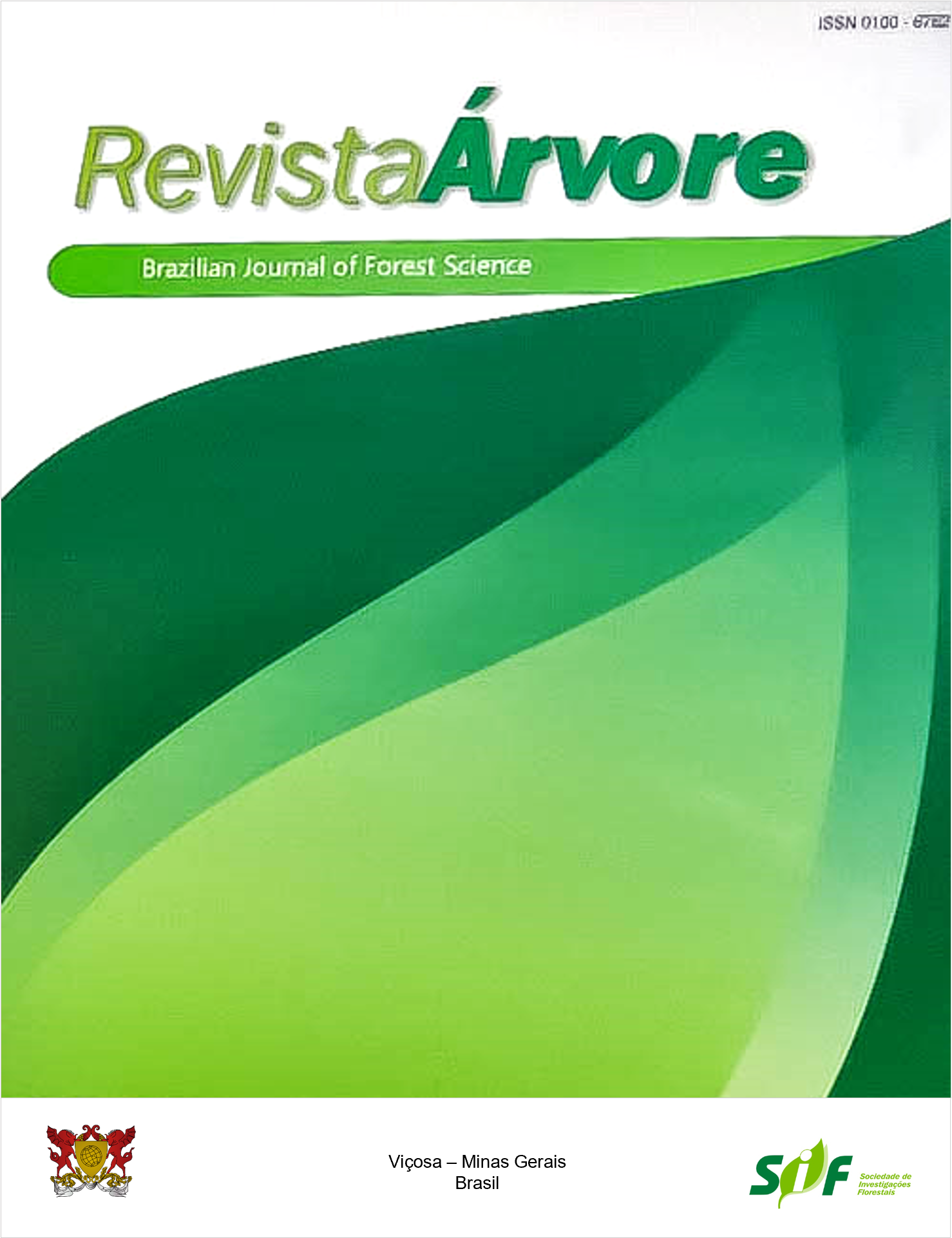CHEMICAL CHARACTERISTICS AND KRAFT PULPING OF TENSION WOOD FROM Eucalyptus globulus LABILL
Abstract
Tension (TW) and opposite wood (OW) of Eucalyptus globulus trees were analyzed for its chemical characteristics and Kraft pulp production. Lignin content was 16% lower and contained 32% more syringyl units in TW than in OW. The increase in syringyl units favoured the formation of β-O-4 bonds that was also higher in TW than in OW (84% vs. 64%, respectively). The effect of these wood features was evaluated in the production of Kraft pulps from both types of wood. At kappa number 16, Kraft pulps obtained from TW demanded less active alkali in delignification and presented slightly higher or similar pulp yield than pulps made with OW. Fiber length, coarseness and intrinsic viscosity were also higher in tension than in opposite pulps. When pulps where refined to 30°SR, TW pulps needed 18% more revolutions in the PFI mill to achieve the same beating degree than OW pulps. Strength properties (tensile, tear and burst indexes) were slightlyhigher or similar in tension as compared with opposite wood pulps. After an OD0 (EO)D1 bleaching sequence, both pulps achieved up to 89% ISO brightness. Bleached pulps from TW presented higher viscosity and low amount of hexenuronic acids than pulps from OW. Results showed that TW presented high xylans and low lignin content that caused a decrease in alkali consumption, increase pulp strength properties and similar bleaching performance as compared with pulps from OW.
Keywords: Eucalyptus globulus, Reaction wood, Kraft pulping, Xylans and Lignin structure.
Downloads
Published
How to Cite
Issue
Section
License
All authors agreed to submit the work to Revista Árvore and granted the exclusive license to publish the article. The authors affirm that it is an original work and has not been previously published elsewhere. The scientific content and opinions expressed in the article are the sole responsibility of the authors and reflect their opinions, not necessarily representing the opinions of the editorial board of Revista Árvore or of the Society of Forest Investigations (SIF).




